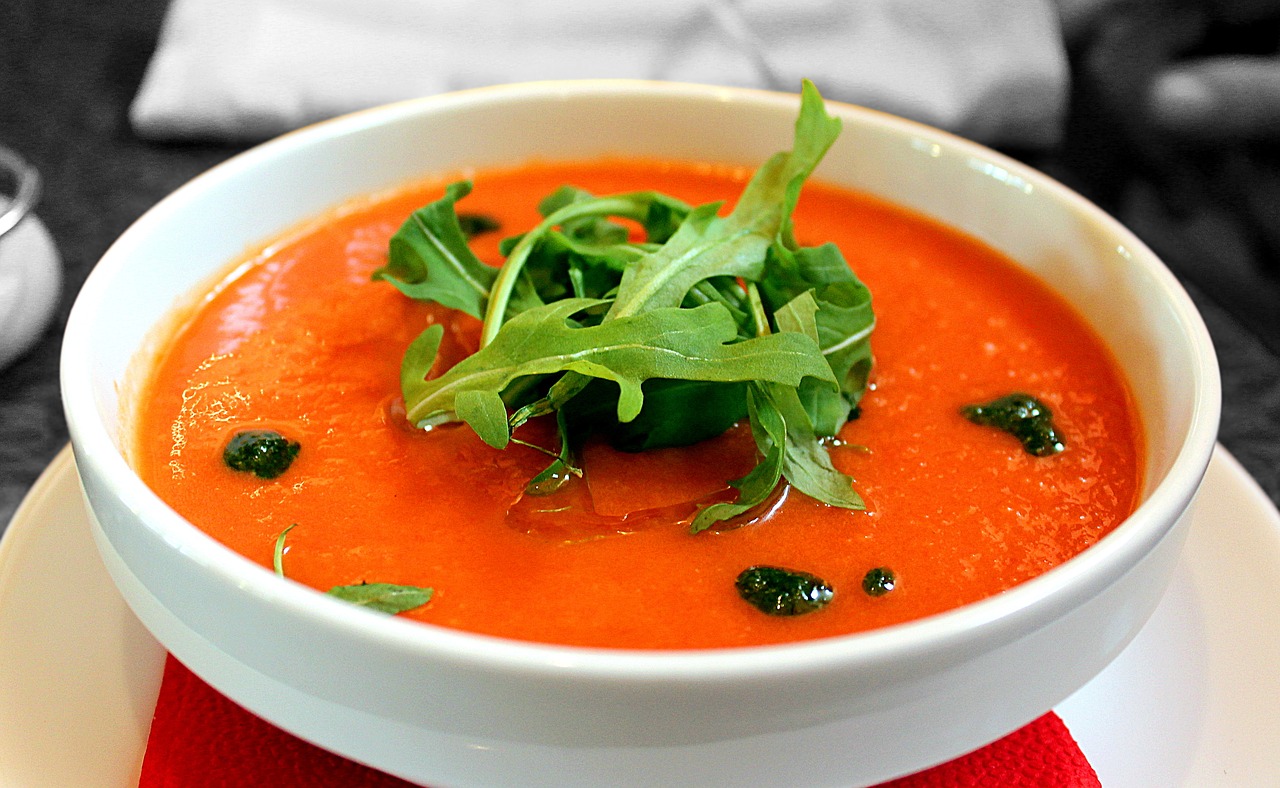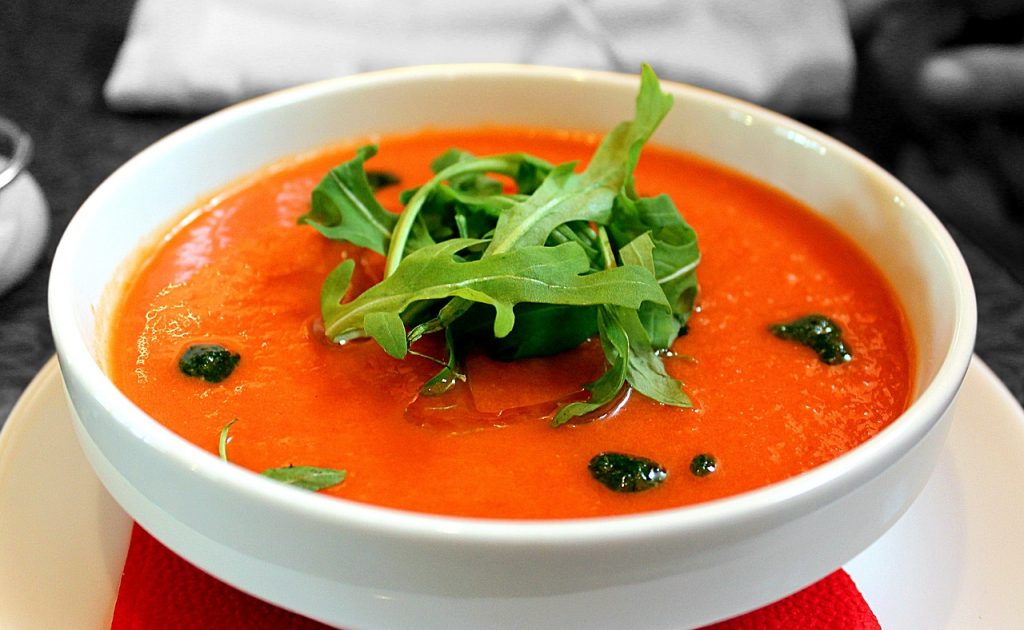

Truth: Eating better does not have to cost you a lot more money at the grocery store. Many people think that fresh foods are healthier than canned or frozen ones, and that organic is always better. For example, some people think that spinach is better for you raw than frozen or canned. However, canned or frozen fruits and veggies provide as many nutrients as fresh ones, at a lower cost.
Organic foods are not necessarily healthier as labeling laws and regulations are not air-tight and what is labeled as “organic” may still contain pesticides. (Elsewhere on the Web: “Is Organic Really Organic?”)
Healthy options include low-salt canned veggies and fruit canned in its own juice or water-packed. Remember to rinse canned veggies to remove excess salt. Also, some canned seafood, like tuna, is easy to keep on the shelf, healthy, and low-cost. And canned, dried, or frozen beans, lentils, and peas are also healthy sources of protein that are easy on the wallet.
Meal replacement bars are often packed with nutrients and vitamins and are cheaper than eating out so if you are on a tight budget you can try a meal replacement shake or bar instead of having lunch at a restaurant with your coworkers.
Diet Tips
- Check the nutrition facts on canned, dried, and frozen items. Look for items that are high in calcium, fiber, potassium, protein, and vitamin D. Also check for items that are low in added sugars, saturated fat, and sodium.
- Buy in bulk, or discounted goods and make soups, stews, and casseroles. These items freeze well so you can plan ahead and eat only what you want and they fill you up with less protein so you save on the cost of meat.
- Buy locally. Farmer’s markets often have great deals and great produce. Better yet — join a farmer’s co-op and grow and share fresh food.
- Stay away from companies whose diet plans require you to purchase their own products.
Links for Dieting on a Budget
- 10 Strategies for Fat Loss and Healthy Eating on a Budget (Huffington Post)
- Help! I’m Poor But Want to Eat Healthy (Nerd Fitness)
- Plant-Based on a Budget: How I Ate Well on $5 a Day (Forks Over Knives)
- 6 Budget Tips for Low-Carb Eating


